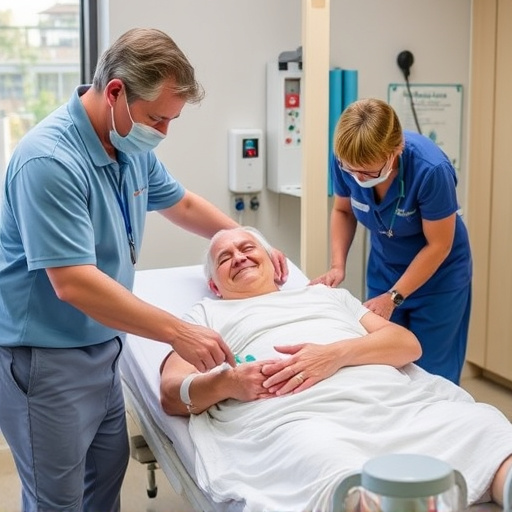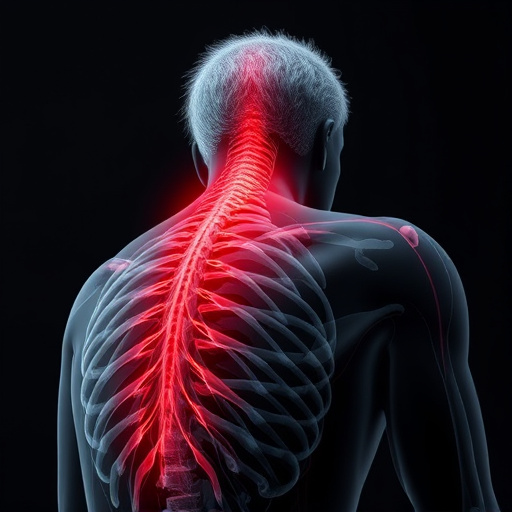Persistent pain, numbness, and muscle issues post-car accident may signal underlying problems not initially addressed. Reevaluating treatment plans with alternative therapies and adjusted rehab strategies is key for improved car accident injury care outcomes, ensuring comprehensive recovery for mobility and quality of life.
After a car accident, proper injury care is crucial for recovery. However, persistent symptoms or new developments may signal that your treatment plan needs reevaluation. This article explores three significant red flags: persistent pain, limited mobility, and neurological changes, indicating potential shortcomings in car accident injury care. By recognizing these signs, you can take proactive steps towards a more comprehensive and effective healing process.
- Persistent Pain: Red Flags After Car Accident Injury Care
- Limited Mobility: Reassessing Car Accident Injury Treatment
- Neurological Changes: When Car Accident Injury Care Falls Short
Persistent Pain: Red Flags After Car Accident Injury Care
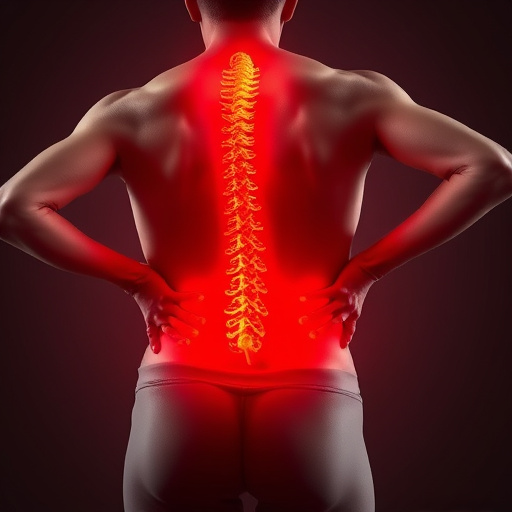
After a car accident, it’s common to experience some level of pain and discomfort, but there are signs that indicate your initial car accident injury care may need adjustments. Persistent or escalating pain long after the initial treatment is one such red flag. This could suggest underlying issues that require further attention. For instance, what started as whiplash might lead to chronic neck pain if not properly managed, often requiring more intensive post-injury care.
Additionally, symptoms like numbness, tingling, or a “pinched nerve” feeling in extremities can be concerning. These could point to nerve damage or compression that wasn’t initially addressed. Muscle recovery is another area to monitor; if muscle spasms or stiffness persist beyond the typical healing period, it’s wise to reevaluate your treatment plan. This might involve exploring alternative therapies or adjusting your rehabilitation strategies for better car accident injury care outcomes.
Limited Mobility: Reassessing Car Accident Injury Treatment
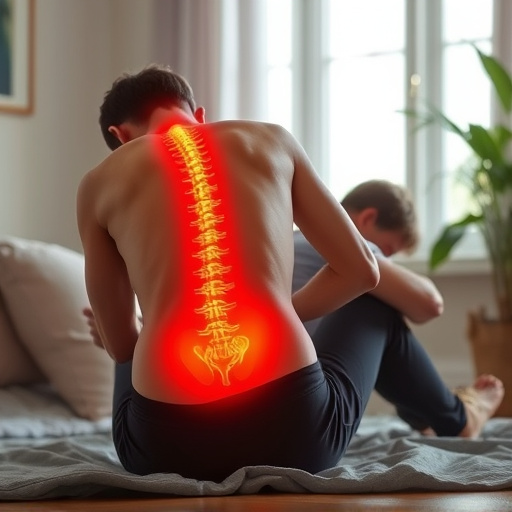
If you’ve been involved in a car accident and are experiencing limited mobility due to injuries, it’s crucial to reassess your current treatment plan. Many individuals initially focus on addressing more visible or painful symptoms, such as cuts and bruises, but neglecting underlying issues like lower back pain. This can lead to prolonged discomfort and reduced functionality if left unaddressed.
Reevaluating your car accident injury care means taking a comprehensive look at your overall well-being, including post-injury care and potential rehab services. By doing so, you can ensure that all aspects of your recovery are given the attention they require. This process might involve seeking second opinions from healthcare professionals, exploring alternative treatments, or adapting your rehabilitation strategies to better suit your needs, ultimately aiming for improved mobility and a higher quality of life post-accident.
Neurological Changes: When Car Accident Injury Care Falls Short
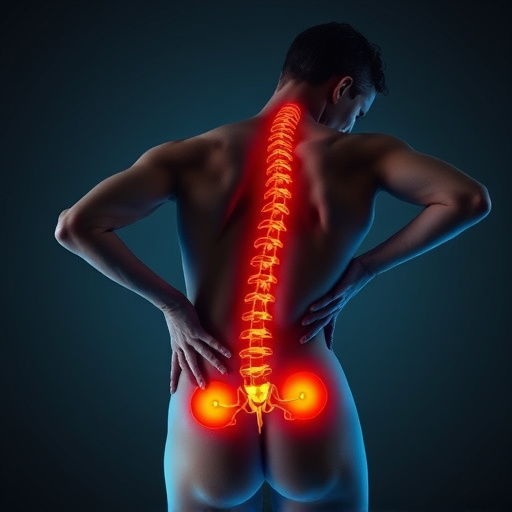
Car accident injuries can sometimes be subtle but significant, and their care requires continuous evaluation. One often overlooked area that demands scrutiny is neurological health. After a car crash, individuals may experience what seems like minor symptoms initially, only to find them escalating over time. This could indicate underlying neurological issues that require immediate attention.
When traditional car accident injury care falls short in addressing these changes, it might be time to explore alternative approaches. Therapeutic exercises and rehab services specializing in sports injury recovery can play a pivotal role here. These interventions are designed to not only alleviate symptoms but also to enhance overall neurological function, ensuring individuals recover to their full potential post-accident.
If you’ve experienced a car accident and are enduring persistent pain, limited mobility, or neurological changes, it’s crucial to reevaluate your car accident injury care. These red flags indicate that your initial treatment may not have addressed all aspects of your injuries, and seeking further assessment could be vital for achieving optimal recovery. Don’t overlook these signs—they could be the key to revolutionizing your healing journey and ensuring comprehensive car accident injury care.












